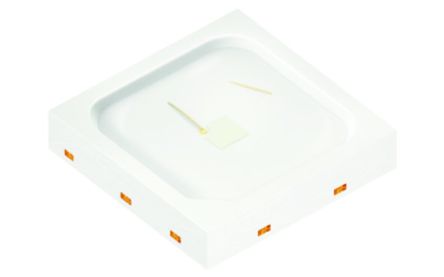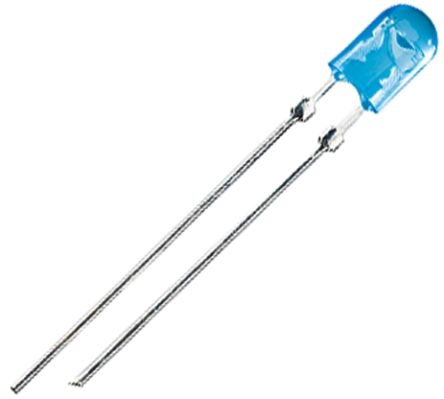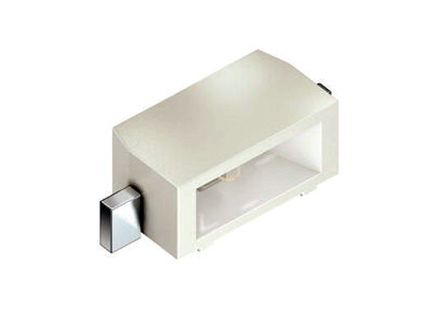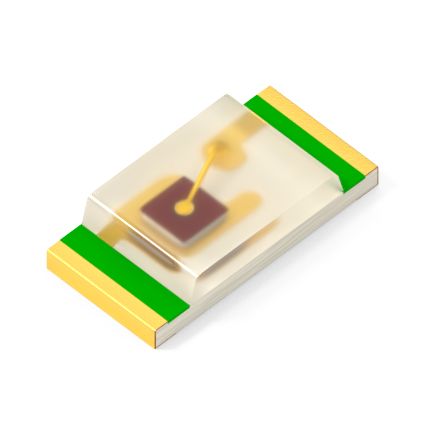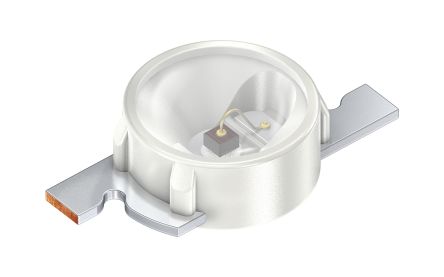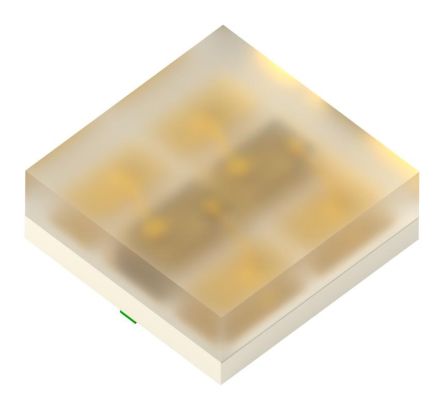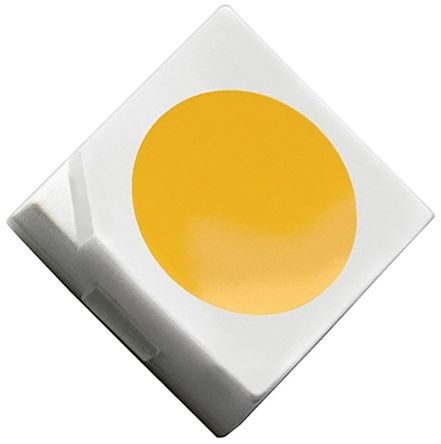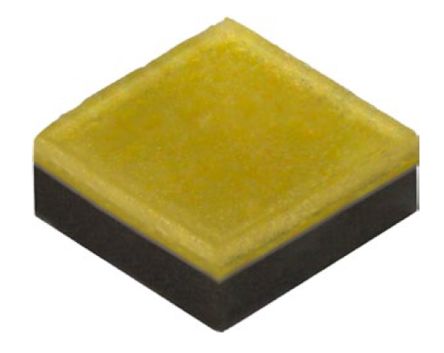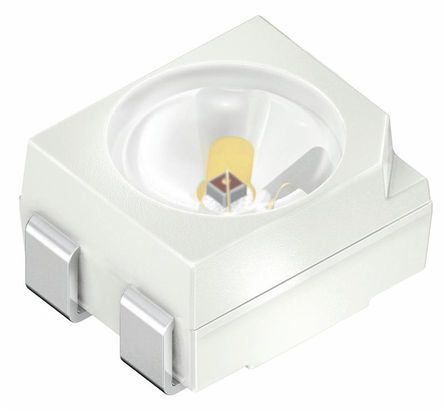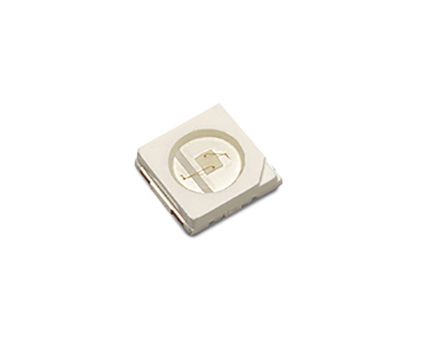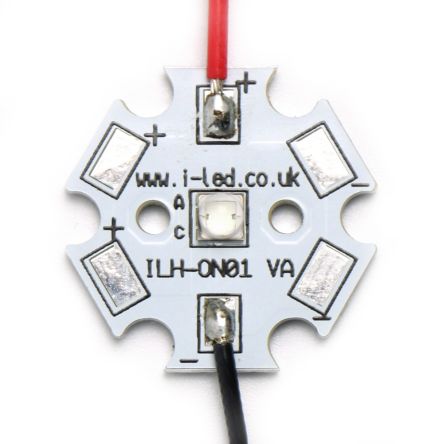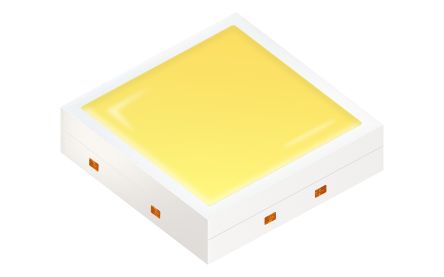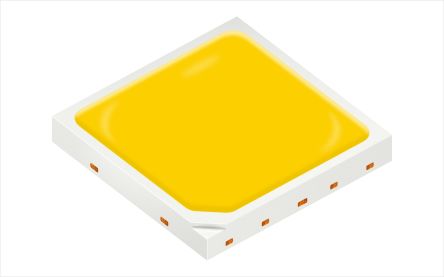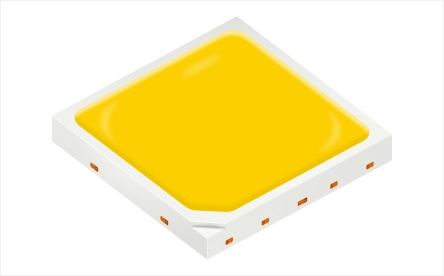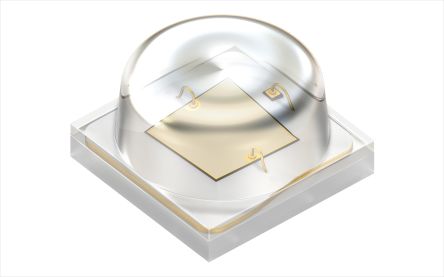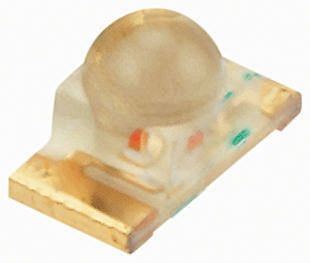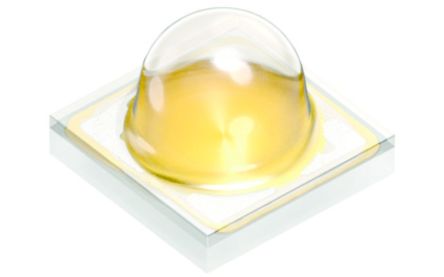- Automation & Control Gear
- Cables & Wires
- Enclosures & Server Racks
- Fuses & Circuit Breakers
- HVAC, Fans & Thermal Management
- Lighting
- Relays & Signal Conditioning
- Switches
- Batteries & Chargers
- Connectors
- Displays & Optoelectronics
- ESD Control, Cleanroom & PCB Prototyping
- Passive Components
- Power Supplies & Transformers
- Raspberry Pi, Arduino, ROCK, STEM Education & Development Tools
- Semiconductors
LEDs
LEDs (light Emitting Diodes) generate visible illumination when an electric current flows through them converting electrical energy into light energy and less into heat energy. Making them more efficient than incandescent bulbs. The brightness of LED lights will depend on the ranges of power strength emitted from the diodes or twin terminal structures located on the insides. We supply them as through hole or surface mount (SMD) types like the popular ChipLED, there are different versions such as the TopLED, SideLED, SmartLED, PointLED and Firefly series.
What are LEDs used for?
Light emitting diodes are semiconductor devices, these electronic components can be used in a wide range of products and environments. From indicator lamps, signs, and displays including backlighting and seven-segment displays to consumer electronics such as calculators, digital watches, and smart devices. They can be used in remote-control circuits and can also replace small incandescent bulbs. Offering a long life, more energy efficiency and they are more economical. Other areas using this type of LED lighting include the automotive industry, aviation, our homes and businesses, street lighting, communication technologies and medical devices.
Generally, white LED lights are suitable for room and outdoor area lighting, Deep blue LEDs can be often used in horticultural environments. We have a broad range of visible and high brightness LEDs in all colours as well as RGB LEDs. All from leading manufacturers for example RS Pro, ams Osram, Broadcom, Cree LED, Kingbright, Lite-On, Lumileds, Nichia, ROHM, Vishay and Wurth Elektronik.
LEDs that are also available are the ultraviolet UV LEDs and infrared range IR LEDs
LEDs have different visible lighting features
- Flashing LEDs are attention seeking or warning indicators operated by multivibrator circuits, which flash at pre-set intervals. See our Panel Mount - Flashing LEDs
- Bi-colour LEDs have two different coloured LED emitters in one unit to show system status, for example 'on' or 'off’
- Tri-colour LEDs have three LED emitters in one unit producing different colours, for instance the traffic light systems
The RGB LED (red, green, blue) have built-in control units to produce combinations of the primary colours and can often be seen in decorative and entertainment applications.
